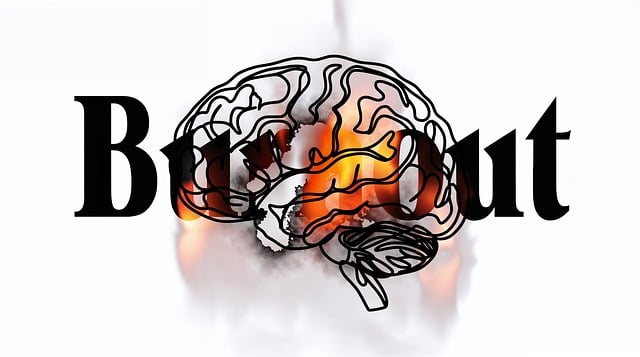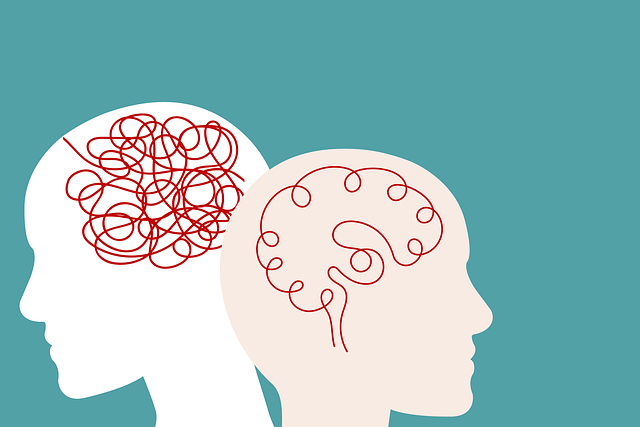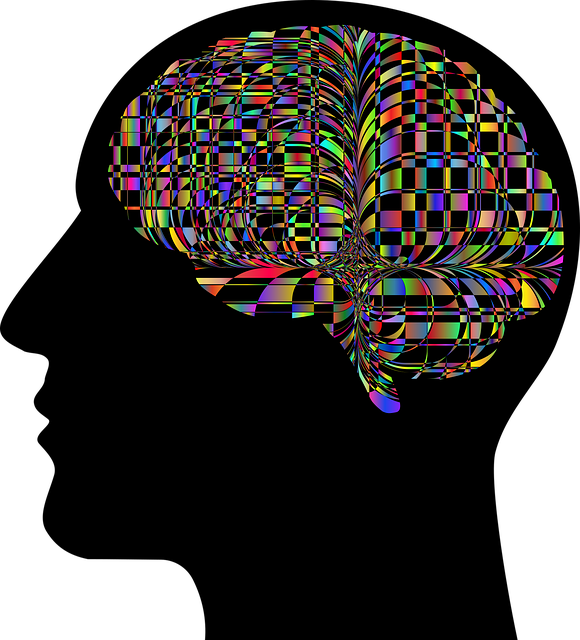Diagnosing mental illnesses accurately requires advanced techniques due to shared symptoms and cultural variations. The integration of evidence-based practices like Lakewood Dialectical Behavioral Therapy (DBT) improves diagnosis by teaching emotional regulation, mindfulness, and coping strategies. DBT combines cognitive-behavioral therapy with structured skills training for better self-awareness and distress tolerance. This approach enhances mental wellness, reduces stigma, and promotes early intervention through programs like Mental Wellness Coaching and Workshops. A patient-centered diagnostic process, including burnout prevention and journaling, fosters trust and collaboration for more accurate assessments. Interprofessional collaboration, facilitated by platforms like the Mental Wellness Podcast Series, is crucial for complex cases, ensuring holistic evaluations and improved patient care outcomes.
Mental illness diagnosis accuracy is a critical aspect of patient care, yet remains challenging. This article explores efforts to enhance diagnostic precision through innovative approaches. We delve into the unique benefits of Lakewood Dialectical Behavioral Therapy (DBT) in refining diagnostic techniques and improving patient outcomes. Additionally, we highlight evidence-based practices for comprehensive assessment, patient-centered streamlining, and interprofessional collaboration as key strategies. By adopting these methods, healthcare professionals can navigate the complexities of mental health diagnosis with enhanced accuracy and compassion.
- Understanding the Challenges of Mental Illness Diagnosis Accuracy
- The Role of Lakewood Dialectical Behavioral Therapy (DBT) in Enhancing Diagnosis
- Incorporating Evidence-Based Practices for Improved Assessment
- Patient-Centered Approaches to Streamline Diagnostic Process
- Building Interprofessional Collaboration for Comprehensive Evaluation
Understanding the Challenges of Mental Illness Diagnosis Accuracy

Diagnosing mental illnesses accurately can be a complex and challenging task due to the intricate nature of human psychology and the diverse range of symptoms presented by individuals. One of the primary obstacles is the multifaceted and often subtle nature of many mental health disorders, which can make differentiation between different conditions difficult. For instance, depression and anxiety disorders share numerous overlapping symptoms, making it crucial for therapists to employ meticulous assessment techniques. Additionally, cultural and individual differences in expressing emotions or describing experiences can lead to misdiagnoses if not considered properly.
In this context, the integration of evidence-based practices like Lakewood Dialectical Behavioral Therapy (DBT) offers a promising approach. DBT combines cognitive-behavioral therapy with mindfulness techniques, emphasizing emotional regulation and distress tolerance skills. By adhering to Mind Over Matter principles, therapists can facilitate clients’ understanding of their mental wellness, enabling them to actively participate in their healing journey. Furthermore, the development of Mental Wellness Coaching Programs and Stress Management Workshops within organizations can contribute to early intervention and support, potentially improving diagnostic accuracy by promoting mental health awareness and resilience among employees.
The Role of Lakewood Dialectical Behavioral Therapy (DBT) in Enhancing Diagnosis

The Lakewood Dialectical Behavioral Therapy (DBT) approach has emerged as a powerful tool in the mental health landscape, significantly enhancing diagnosis and treatment accuracy. This therapeutic method, initially developed for individuals with borderline personality disorder, focuses on teaching valuable skills to improve self-regulation, emotional understanding, and effective coping strategies. DBT’s structured nature encourages patients to develop better awareness of their thoughts, feelings, and behaviors, fostering self-esteem improvement and a deeper sense of empathy towards oneself and others.
By integrating evidence-based techniques, Lakewood DBT empowers individuals with robust conflict resolution strategies. These skills enable clients to navigate challenging situations with more composure, reducing impulsive reactions. The therapy’s emphasis on mindfulness and distress tolerance allows participants to better manage intense emotions, leading to more accurate assessments and tailored treatment plans. Through these comprehensive approaches, Lakewood DBT contributes significantly to improving diagnosis accuracy, ultimately enhancing the effectiveness of mental health interventions.
Incorporating Evidence-Based Practices for Improved Assessment

Incorporating evidence-based practices is a pivotal step towards enhancing the accuracy and effectiveness of mental illness diagnoses. One such approach, widely recognized for its impact, is Lakewood Dialectical Behavioral Therapy (DBT). DBT combines cognitive-behavioral techniques with mindfulness practices to foster self-awareness exercises, enabling individuals to regulate emotions and improve interpersonal relationships. By teaching patients skills to navigate distressing situations, DBT helps reduce impulsive behaviors and emotional intensity, ultimately leading to better mental wellness.
The integration of evidence-based methods like DBT into assessment routines ensures that professionals have the tools to provide more precise diagnoses. Additionally, these practices contribute to the ongoing Mental Illness Stigma Reduction Efforts by promoting understanding and empathy. For instance, the Mental Wellness Podcast Series Production can play a role in disseminating information about evidence-based treatments, thus encouraging open conversations around mental health and supporting individuals on their journeys towards recovery.
Patient-Centered Approaches to Streamline Diagnostic Process

In recent years, a shift towards patient-centered approaches has significantly impacted the diagnostic process for mental illness. This strategy prioritizes the individual’s unique experiences and perspectives, ensuring that their journey to diagnosis is as supportive and effective as possible. By incorporating techniques like those offered by Lakewood Dialectical Behavioral Therapy (LDBT), healthcare providers can create an environment of trust and collaboration. LDBT, a form of cognitive-behavioral therapy, equips both patients and therapists with skills to navigate intense emotions, improve regulation, and enhance interpersonal effectiveness, all of which facilitate more accurate assessments.
Additionally, streamlining the diagnostic process involves implementing Burnout Prevention Strategies for Healthcare Providers, which are essential for maintaining objective evaluation. Encouraging Mental Wellness Journaling Exercises can also offer valuable insights into an individual’s thought processes and emotional patterns, enhancing the therapist’s understanding. Furthermore, Inner Strength Development techniques empower patients to play an active role in their healing, fostering resilience and a sense of self-efficacy that complements traditional diagnostic methods.
Building Interprofessional Collaboration for Comprehensive Evaluation

In the pursuit of enhancing mental illness diagnosis accuracy, building interprofessional collaboration becomes a cornerstone strategy. Integrating various healthcare specialists, including therapists like those offering Lakewood Dialectical Behavioral Therapy (DBT), is essential for comprehensive patient evaluation. This collaborative approach ensures that all aspects of an individual’s mental health are considered, from emotional regulation to interpersonal effectiveness, thereby providing a more holistic diagnosis.
The Mental Wellness Podcast Series Production can serve as a platform to foster this collaboration by facilitating conversations among professionals across disciplines. By discussing case studies and sharing insights on best practices, therapists, counselors, psychiatrists, and other mental health experts can collectively improve diagnostic techniques. This knowledge exchange is vital for addressing complex cases effectively, especially when dealing with conditions like depression or trauma, as supported by Trauma Support Services.
Mental illness diagnosis accuracy is a multifaceted challenge that requires a holistic approach. By incorporating evidence-based practices, patient-centered methodologies, and interprofessional collaboration, we can significantly enhance diagnostic processes. The integration of Lakewood Dialectical Behavioral Therapy (DBT) offers a promising strategy for improving accuracy and patient outcomes. As these strategies are adopted and refined, the mental health field moves closer to providing more precise and effective care.











